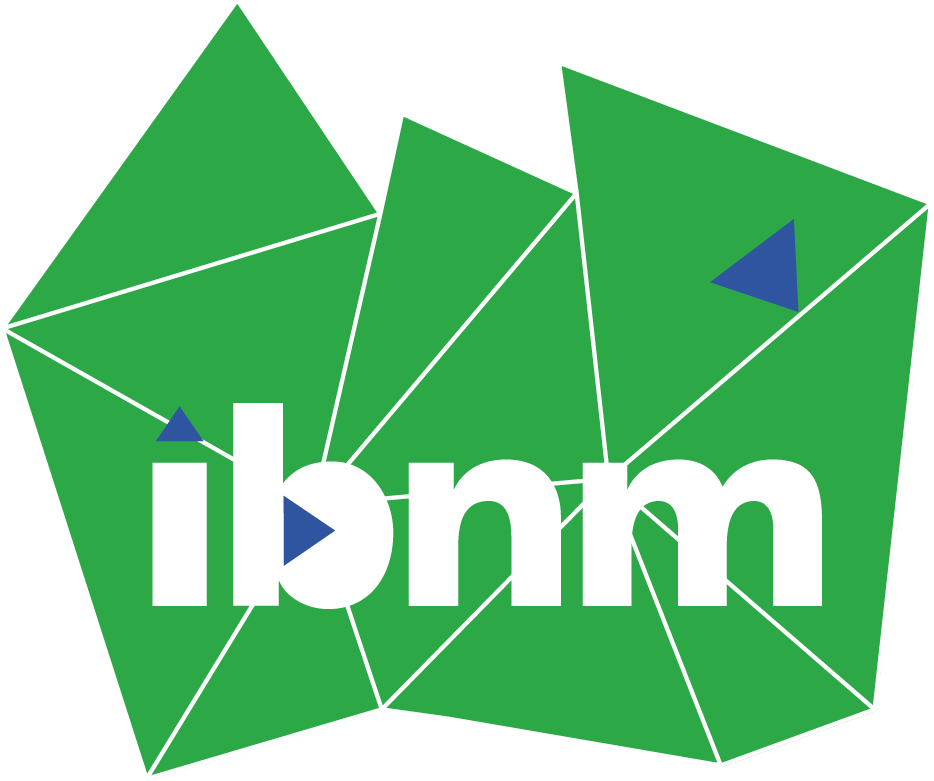Very happy to share with you that our paper "An Enhanced #deeplearning Approach for #vascular Wall Fracture Analysis" is now available online: https://link.springer.com/article/10.1007/s00419-024-02589-3
Open-Access source-codes and data are provided, constituting
a convenient platform for future developments.
https://doi.org/10.25835/weuhha72
A great #collaboration between:
My team (Alexandros Tragoudas & Elsayed Saber Elsayed)
Experimental Data: Christian Gasser & Marta Alloisio (Kungliga Tekniska högskolan)
We developed a deep learning methodologies with the Attention Residual U-Net architecture to predict fracture responses in soft biological tissue specimens, enhanced with a Monte Carlo Dropout technique. Our model learns to capture the features influencing fracture progression. These parameterized datasets consist of pictures describing the evolution of tissue fracture path along with the DIC measurements. The integration of deep learning should not only enhance the predictive accuracy, but also significantly reduce the computational and experimental burden, thereby enabling a more efficient analysis of fracture response.
#biomedicalengineering ; #symconCT ; #DIC ; #Soft_biological_tissue ; #fracture ; #deeplearning ; #openaccess #codes and #data





